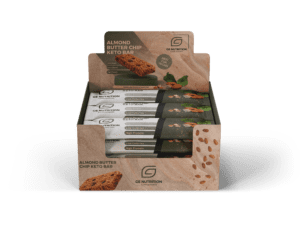Home » Custom Packaging: Striking the Right Balance Between Creativity and Functionality
Custom Packaging: Striking the Right Balance Between Creativity and Functionality
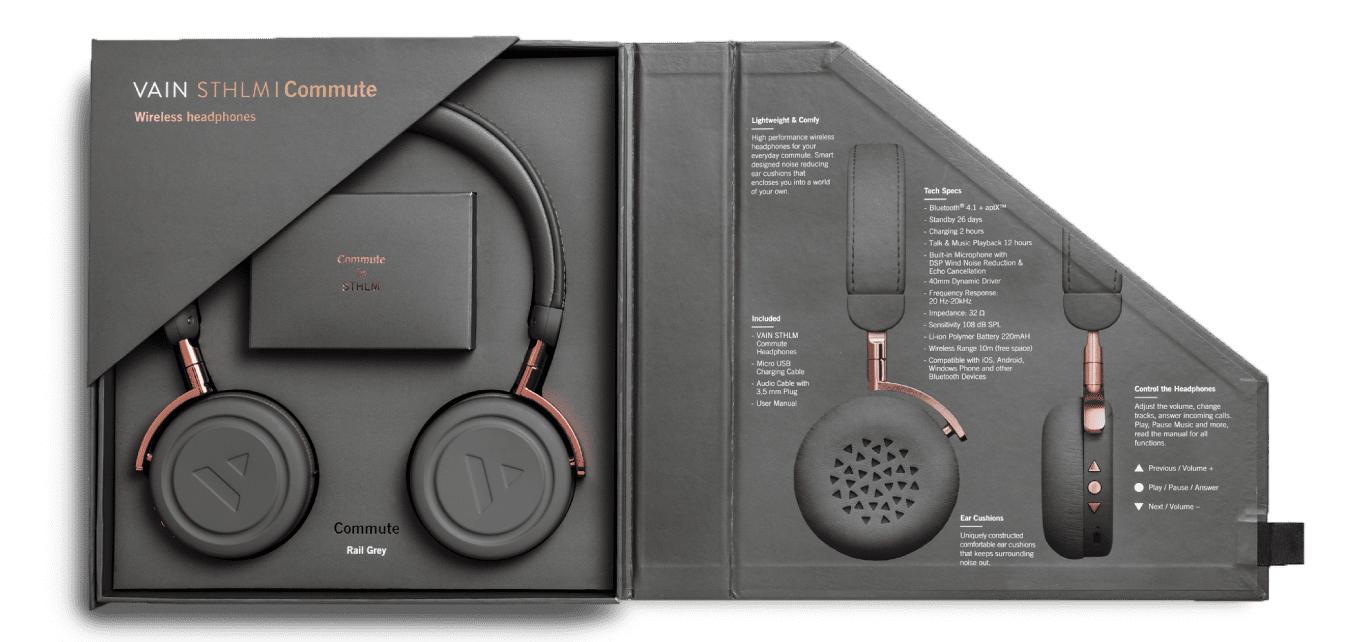
In the ever-competitive business world, effective product packaging has evolved beyond mere containers used to secure goods for transit. Today, it serves as a powerful marketing tool, offering brands a unique way to showcase their identity, stir consumer emotions, and, ultimately, influence buying decisions. Yet, as compelling as innovative and creative packaging may be, it must never sacrifice its fundamental purpose – functionality.
So, how do companies strike the right balance between creativity and functionality in custom packaging? This article will explore strategies that successful brands have employed in their quest for that golden equilibrium.
Functionality: The Foundation of Effective Packaging
Before we delve into creativity, let’s understand the basic premise of functionality. Packaging, at its core, should protect the product, facilitate its transportation, and provide relevant information about the contents. Without these, even the most beautifully designed packaging fails to fulfill its purpose. Therefore, as much as creativity is important, it must not overshadow these fundamental aspects.
Protect the Product: Packaging should safeguard the product from damage, whether during transit or while sitting on the store shelf. This includes protection from external elements such as light, heat, moisture, and physical shock.
Facilitate Transportation and Storage: Good packaging should be easy to handle, stack, and store, both for the retailer and the end customer. For example, the packaging design of bottled drinks often includes contours that enhance grip, making them easier to hold and pour.
Provide Relevant Information: Lastly, effective packaging communicates crucial product details. This can range from nutritional information on food items, usage instructions on an electronic device, or the brand’s story to build a deeper connection with the consumers.
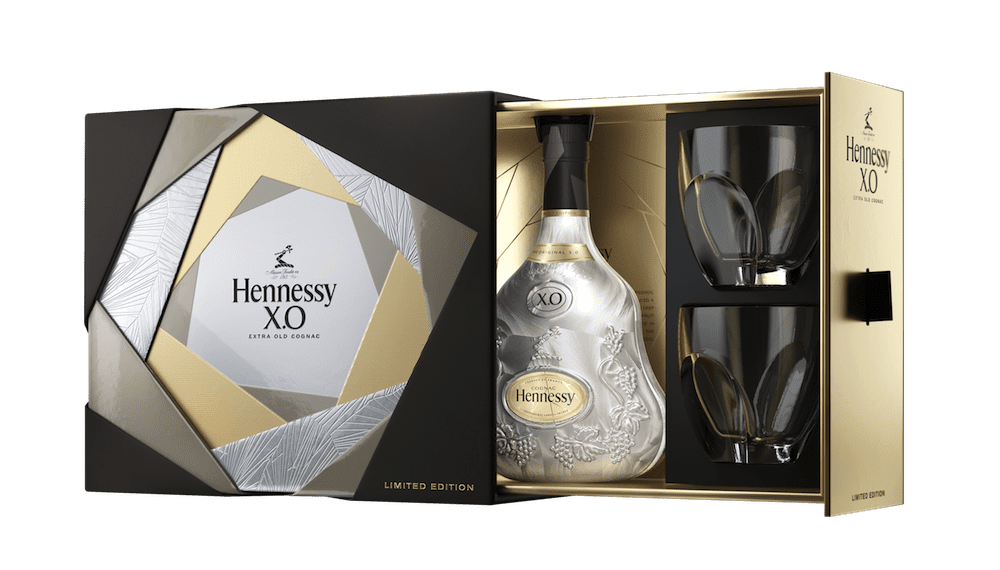
Unleashing Creativity: More Than Just a Pretty Face
Once the functional aspects are in place, it’s time to let the creative juices flow. Creative packaging can amplify a brand’s message, entice potential customers, and create memorable unboxing experiences.
Reflect Your Brand: Your packaging is often the first physical interaction a customer has with your brand, so it should reflect your identity. From the colors used, the typography, to the overall aesthetics, every element should be in harmony with your brand personality.
Engage the Senses: Great packaging doesn’t just look good; it engages multiple senses. Think about the texture of the packaging materials, the sound it makes when opened, or even the smell that’s released. This multi-sensory experience can create a more memorable interaction with your brand.
Tell a Story: Storytelling is a powerful marketing tool. Use your packaging to tell your brand story or the story behind the product. This could be as subtle as using certain colors or images or as explicit as including a short narrative on the packaging.
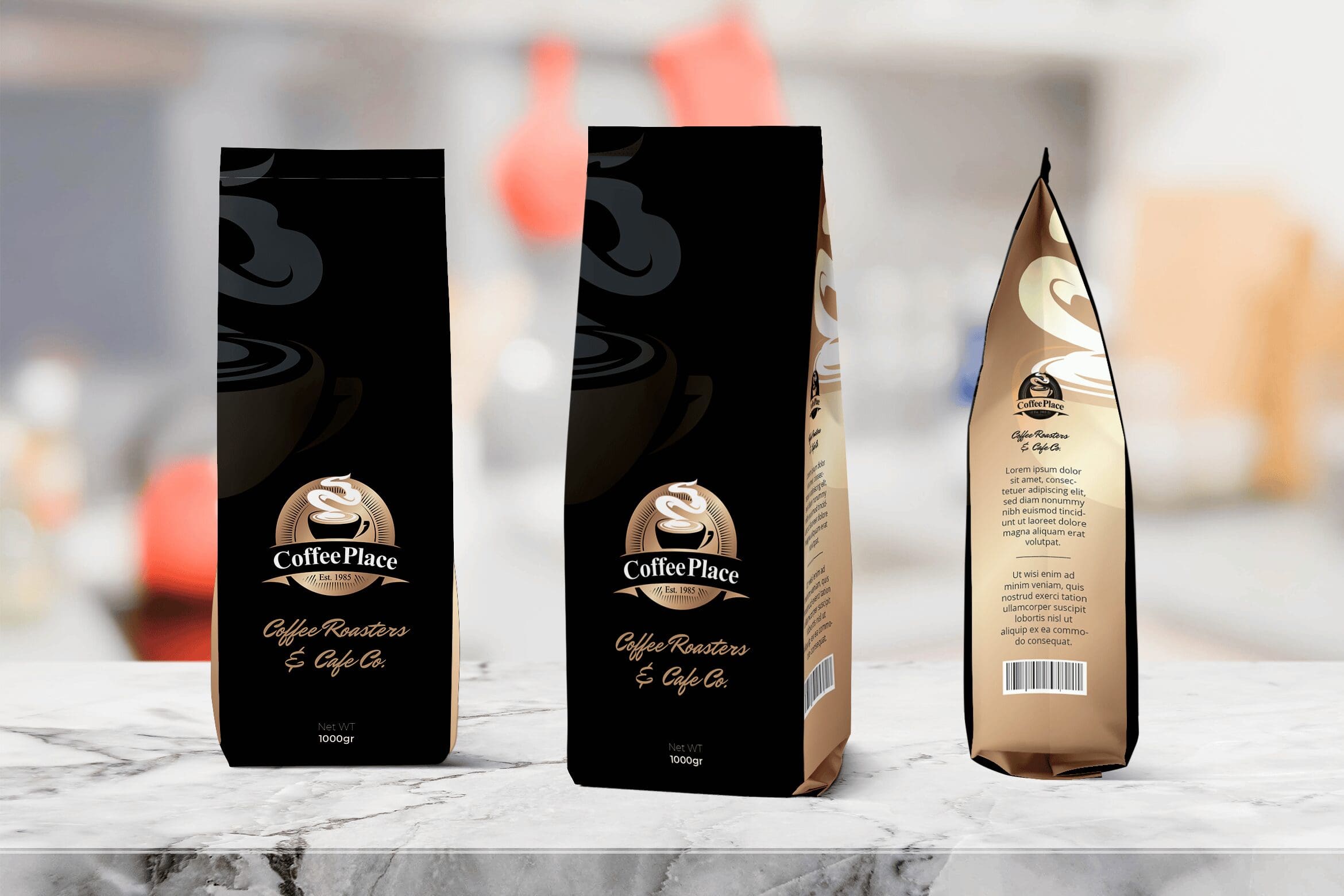
The Art of Balancing Creativity and Functionality
The magic happens when brands manage to blend creativity and functionality seamlessly. Here are some strategies to consider:
Consider the User’s Journey: Understanding your customer’s interaction with your product – from purchase, unboxing, usage, to disposal or recycling – can help shape the design process. For instance, some companies use reusable packaging that serves secondary functions, marrying utility with environmentally-friendly design.
Materials Matter: The choice of packaging material can play a huge role in this balance. Innovative materials can add a unique touch to your packaging while ensuring robust protection. For instance, plant-based packaging can be molded into unique shapes and textures while providing excellent cushioning.
Prototyping and Testing: Always prototype and test your packaging design. This includes stress tests to ensure product safety and focus groups or surveys to gather consumer feedback on its aesthetic and functional appeal.
Innovation Through Technology: Advancements in packaging technology can open up new possibilities. Augmented Reality (AR), for instance, can bring packaging to life, offering a highly engaging and interactive experience while maintaining the package’s protective role. Consumers can simply point their smartphones at the packaging to access a wealth of information or interactive content.
Eco-conscious Design: Today, functionality also means sustainability. Consumers are increasingly concerned about environmental impacts, so consider using recyclable materials or minimalistic designs to reduce waste. This not only fulfills the function of protection but also serves the larger purpose of environmental consciousness – a trait that could enhance your brand image.
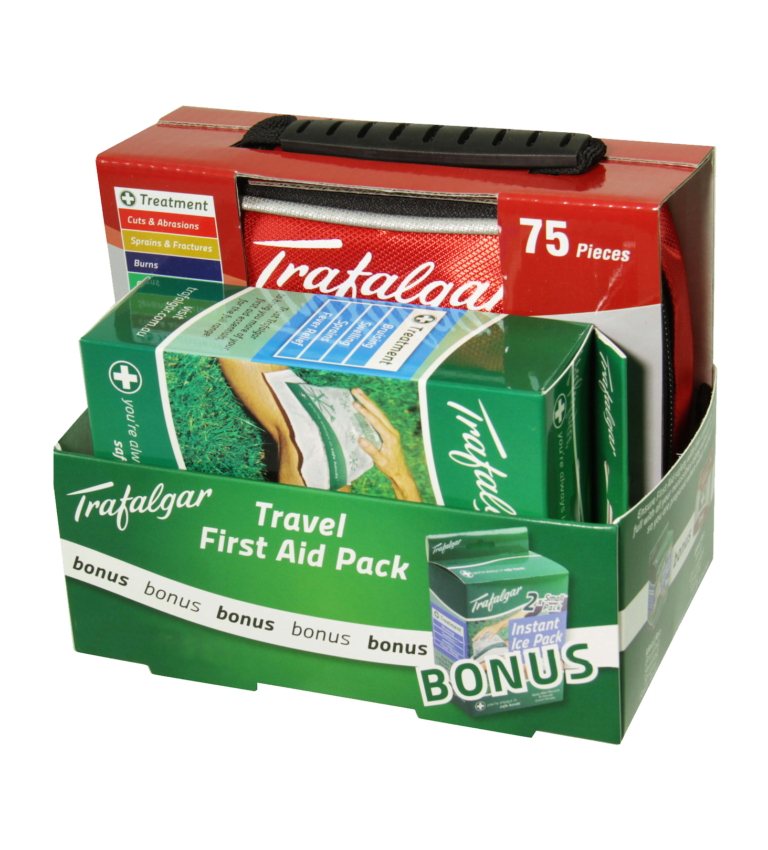
Successful Examples of Creative Yet Functional Packaging
Many brands have successfully achieved this balance. Here are a few noteworthy examples:
Nike’s Air Max 95 Box: Nike designed a shoebox for the Air Max 95 that resembled the shoe’s design. Not only did it create a unique unboxing experience, but the box was sturdy and protective, maintaining the fundamental functionality of shoe packaging.
Puma’s Clever Little Bag: Puma replaced traditional shoe boxes with a reusable bag in a carton frame, reducing corrugated usage by 65%. This design retained its protective function while adding the creative element of a reusable bag for the customers, effectively telling a story about Puma’s commitment to sustainability.
Fit Buns High Protein Bread: This brand used packaging that features a muscular arm graphic which also serves as a handle. It’s a playful touch that reinforces the product’s high-protein, healthy angle, while providing functionality in the form of an easy-to-carry package.
In conclusion, the perfect blend of creativity and functionality in custom packaging can create a memorable brand experience, drive customer engagement, and ultimately fuel business growth. Striking this balance requires thoughtful design, innovative use of materials, rigorous testing, and a deep understanding of the customer’s journey. With the right approach, your packaging can serve as a powerful marketing tool that encapsulates your brand’s identity while serving its protective and informative roles impeccably.
In the realm of custom packaging, it’s all about creating harmony between the practical and the creative, turning each package into a canvas that tells your brand’s story and a protective shell that ensures your product reaches your customer in pristine condition. The interplay between these elements can result in a packaging design that is as enchanting as it is effective, delighting your customers and setting your brand apart in the marketplace.
If you are interested in custom packaging with a balance of functionality and creativity, then partner with Brown Packaging today.
Full Overlap (FOL) corrugated boxes are valued for their durability, with overlapping flaps that add protection on the top and bottom panels. But the strength
Full Overlap (FOL) corrugated boxes are engineered for strength. Unlike a Regular Slotted Container (RSC), the major flaps on an FOL extend the full width
Product damage during transit is one of the most significant hidden costs in packaging. Each damaged shipment increases returns, erodes customer trust, and raises overall
Moisture and humidity can weaken paperboard fibers, alter structural performance, and compromise print quality. From production to end use, controlling these factors is critical to
Flexible pouches rely on laminates to deliver strength, barrier protection, and shelf appeal. A laminate is a structure made by combining multiple film layers—each selected
Peak season shipping volumes put pressure on every part of the supply chain. For packaging buyers, right-sizing boxes is one of the most effective strategies
Home » Custom Packaging: Striking the Right Balance Between Creativity and Functionality
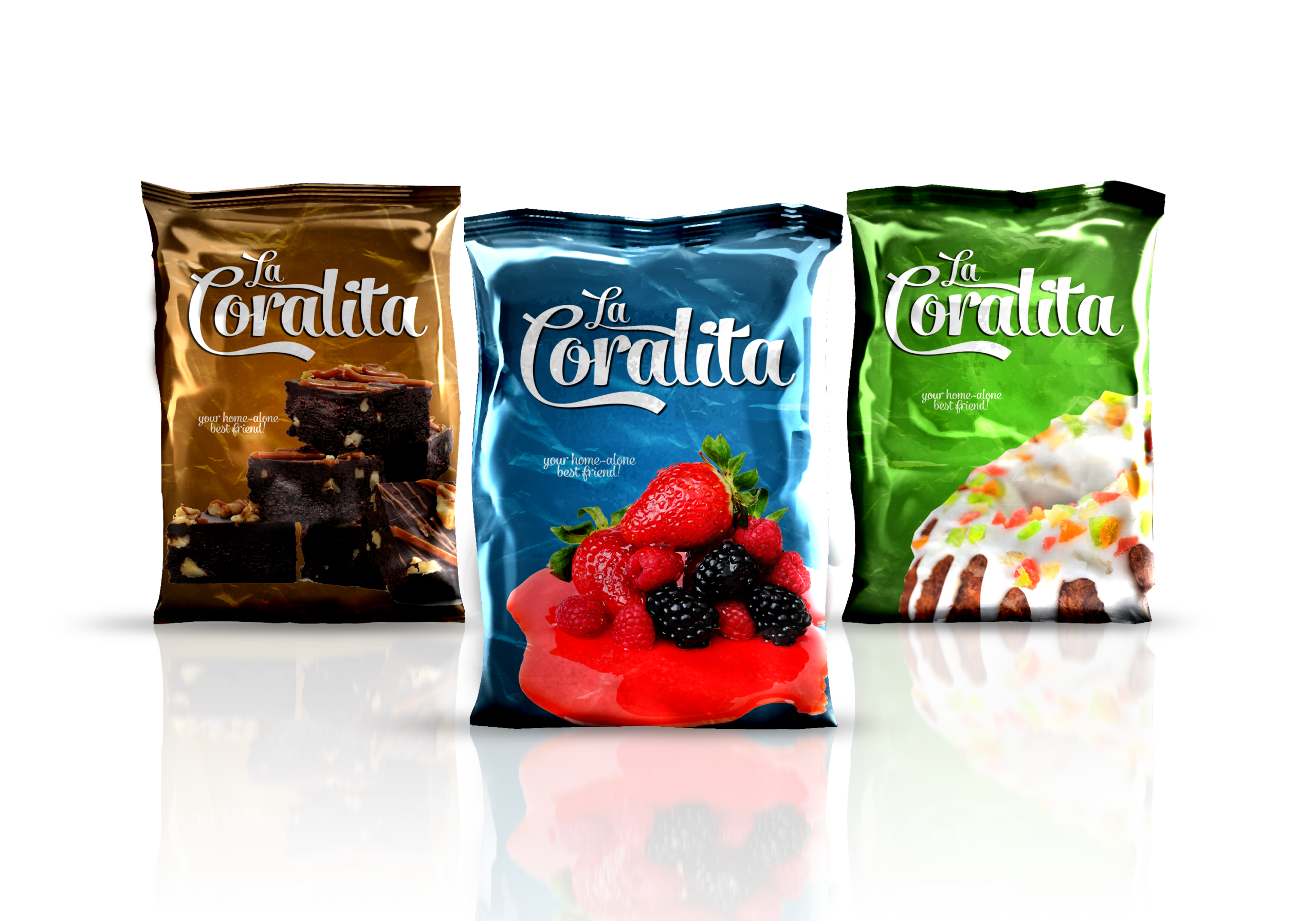
Multi-SKU product lines offer variety, but when it comes to packaging, they also create complexity. Whether you’re offering different flavors, sizes, formulas, or bundle combinations,
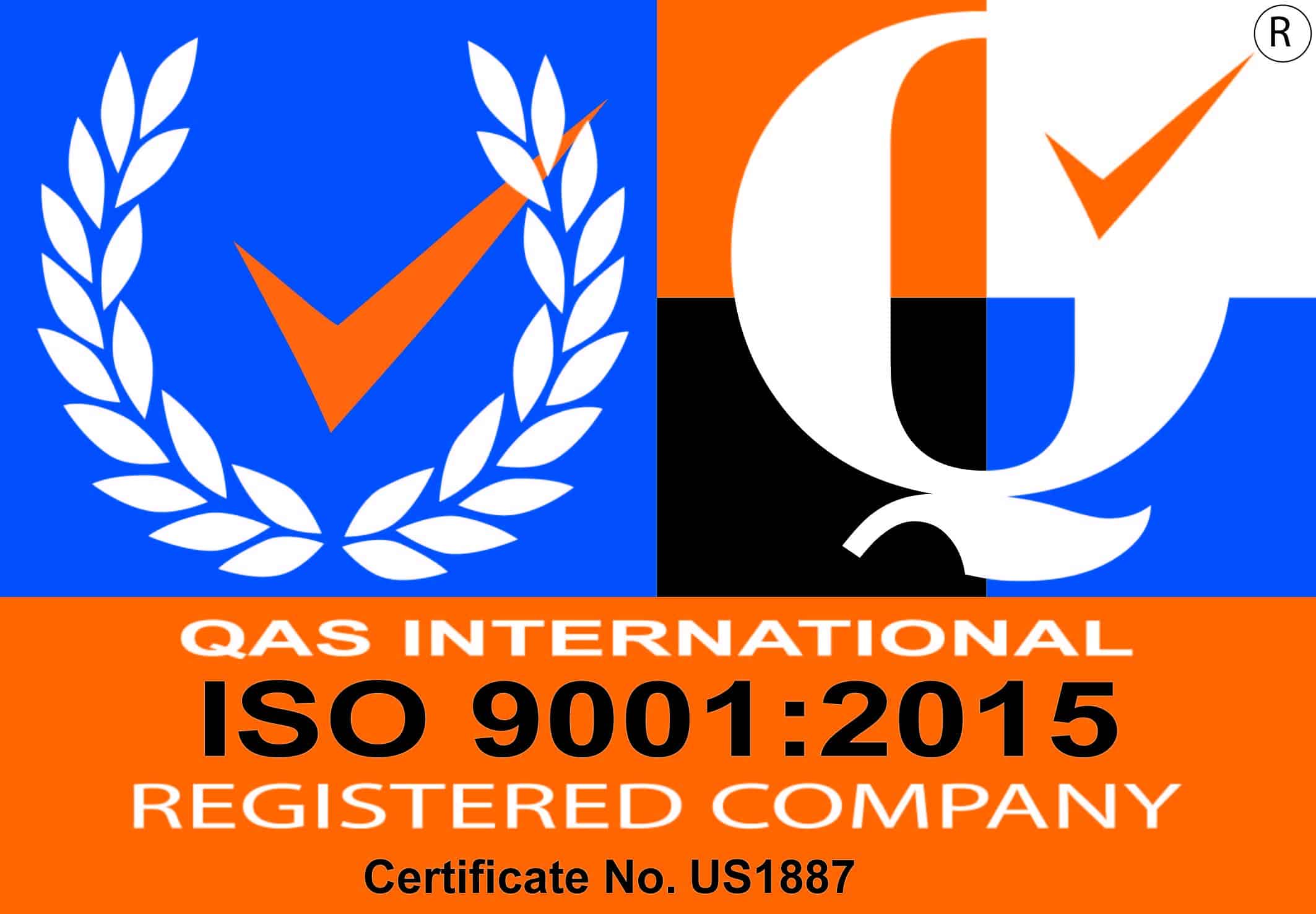
SO 9001:2015 is a globally recognized certification for quality management systems (QMS). To earn certification, companies must demonstrate the ability to consistently provide products and
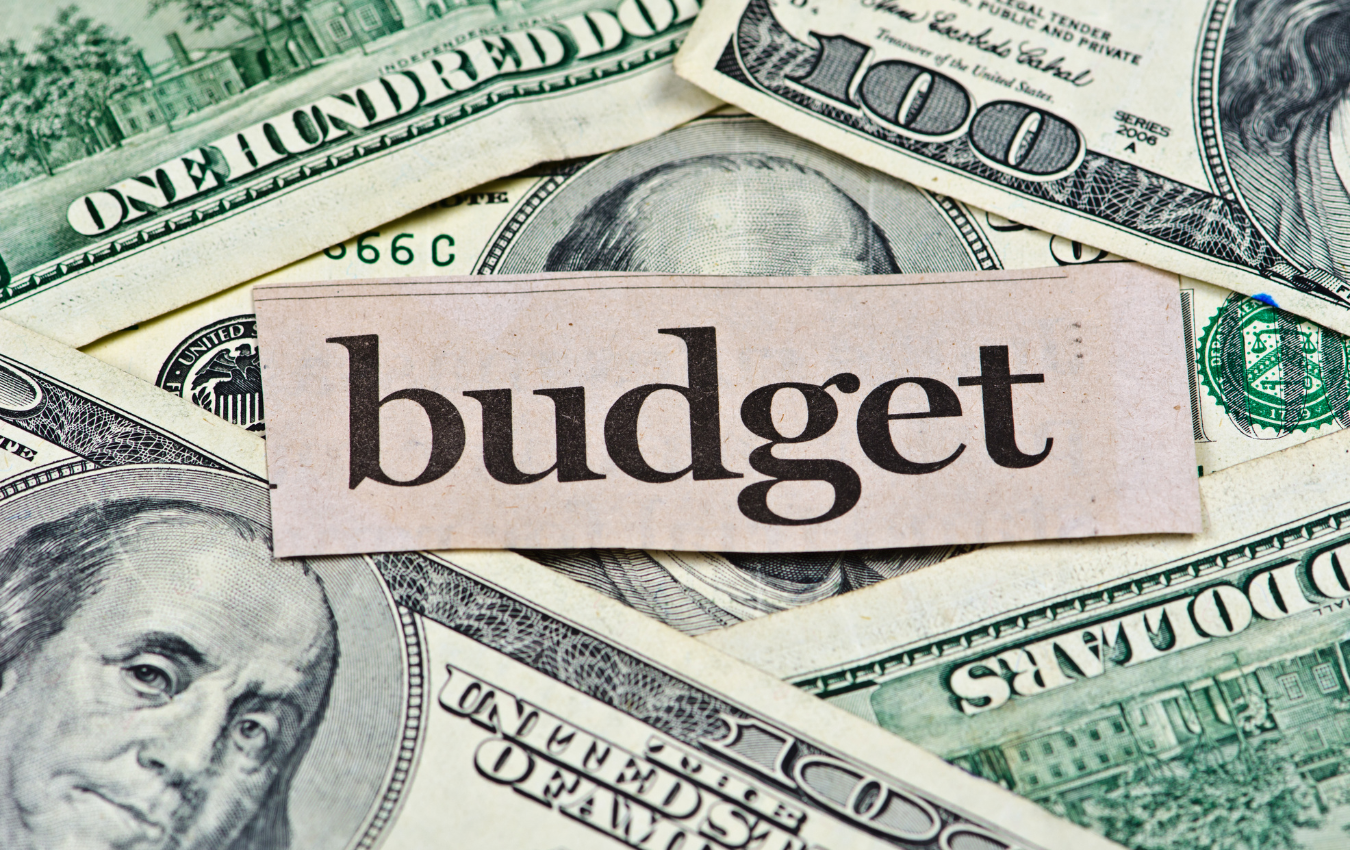
Custom packaging is an invaluable tool for businesses aiming to make a memorable impression, protect their products, and reinforce their brand identity. While it offers


